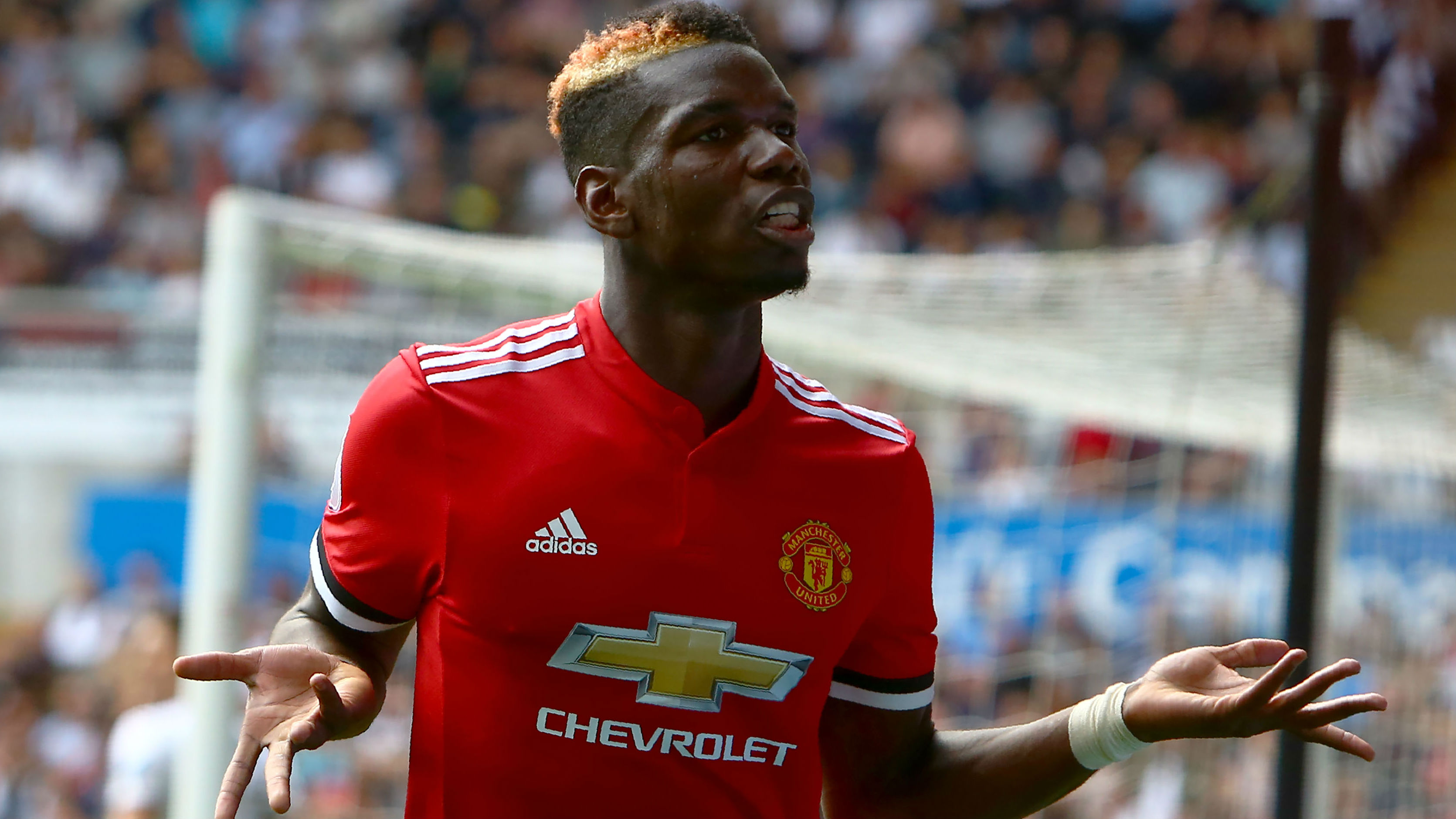Football inflation skyrockets as transfer fees go crazy
Would Diego Maradona really be worth the same as Andre Gray in today's market?

A free daily email with the biggest news stories of the day – and the best features from TheWeek.com
You are now subscribed
Your newsletter sign-up was successful
Football and money - the two go hand in hand these days. Earlier this month French side Paris Saint-Germain broke the world transfer record to sign Barcelona's Brazilian star Neymar for £198million. That's more than double the £89.3m Manchester United forked out to secure the signature of Paul Pogba last year.
While these massive transfer fees are now commonplace in football in 2017, it has not always been this way. Writing in The Times, Bill Edgar has broken down how and why transfer fees have skyrocketed in football, while comparing inflation in the sport to that in wider society.It's not often that the price of milk and Diego Maradona are mentioned in the same article.
Take Maradona's transfer from Barcelona to Napoli in 1984. The Italian club paid 1.3 billion pesetas (£6m) for the Argentine, who at the time was the world's best player. In today's prices Maradona would be worth £18m, if you consider inflation has tripled prices in the UK since 1984. That's the same price Watford paid Burnley for Andre Gray. The mind boggles.
The Week
Escape your echo chamber. Get the facts behind the news, plus analysis from multiple perspectives.

Sign up for The Week's Free Newsletters
From our morning news briefing to a weekly Good News Newsletter, get the best of The Week delivered directly to your inbox.
From our morning news briefing to a weekly Good News Newsletter, get the best of The Week delivered directly to your inbox.
Leicester City provide another startling example. In 1998 the Foxes were valued at £12.5m on the stock market (£21m at today's prices), less than what they paid for Manchester City striker Kelechi Iheanacho (£25m). And he's a 20-year-old with only 12 league career starts to his name.
Overall, transfer fees in the Premier League have increased 40-fold since 1990, according to The Times report. TV rights, merchandise and matchday revenue have contributed to the increase.
- TV rights: Live football is now a daily occurrence and supporters are prepared to pay money for TV subscriptions. Internationally the Premier League TV rights are sold for billions.
- Merchandise: This sector has changed dramatically since the 1980s. With sponsorship such a big factor in football business, teams now issue new kits (home, away and even third kits) every season and fans can also pay extra for names and numbers on the back.
- Matchday revenue: Another major factor in the rise in football inflation is money made by clubs on matchdays. Better stadiums, a more family-friendly atmosphere and better playing standards mean fans have flocked to watch games live. The Times report that the average top-flight attendances have risen from 21,000 in 1990 to 36,000 now.
The influx of cash can be tracked year by year:
- September 1989-August 1990 most expensive transfers: Dennis Wise from Wimbledon to Chelsea for £1.6m and Tony Cascarino from Millwall to Aston Villa for £1.5m
- 1999-2000 average fee for the top ten transfers: £9m. The two most expensive deals were Jimmy Floyd Hasselbaink from Atletico Madrid to Chelsea for £15m and Sylvain Wiltord from Bordeaux to Arsenal for £13m
- 2009-2010 average fee for the top ten transfers: £19m. The top transfer was Yaya Toure from Barcelona to Manchester City for £28m
- 2015-2016 average fee for the top ten transfers: £41m. The top two transfers were Pogba (£89.3) and John Stones from Everton to Manchester City for £47.5m
- 2016-2017 average fee for the top ten transfers: £48m. Romelu Lukaku's £75m transfer from Everton to Manchester United is the largest fee
If football's 40-fold increase in transfer fees since 1990 reflected broader changes, a loaf of bread would now cost £26 and a pint of milk £50.So what about the next ten years of inflation? The world's first £500m or £1bn transfer fee, or a £100 pint of milk? Either might leave a sour taste.
A free daily email with the biggest news stories of the day – and the best features from TheWeek.com